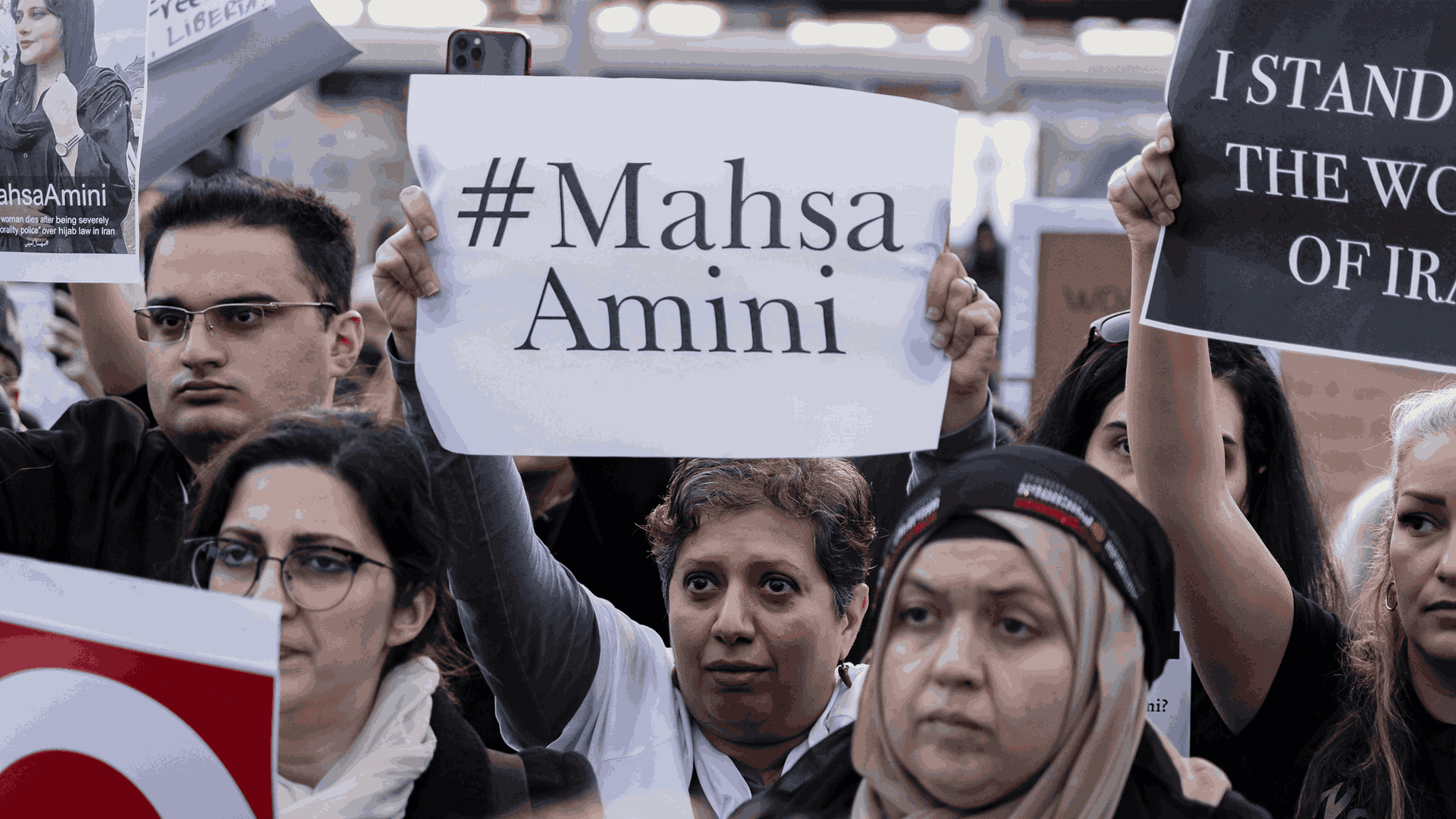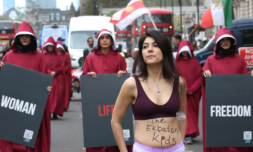The strictest law in Iran’s history concerning the compulsory veil was supposed to be enacted on December 13. In a hopeful turn of events, global outrage has forced the administration to hold off on the bill’s implementation.
Participating in digital activism in all possible ways – only to rarely witness positive outcomes – may make you wonder, ‘What’s the point?’ Recent events in Iran, however, have given us renewed hope and encouragement.
Since the protests sparked by Mahsa Amini’s death in September 2022, Iranian authorities have waged war against women’s autonomy in deciding to wear the hijab. This even extends to the proposition of opening mental health clinics.
The government’s iron fist approach culminated in a new ‘Law to Support the Family by Promoting Culture, and Chastity and Hijab,’ officially passed in parliament, to come into operation.
According to the Center for Human Rights in Iran, 74 articles in this legislation threaten people’s safety and societal solidarity. In short, the bill aims to hold everyone accountable for identifying violators and forces civilians into become spies.
The consequences of contravening the rules could be as severe as the death penalty, charging offenders with the crime of ‘Corruption on Earth.’
This is particularly alarming given the surge in executions since the last presidential election in late June 2024. As stated in a United Nations report released in September, the government is responsible for over 400 individual executions.
Unfortunately, the number of additional cases that may follow remains unclear, even if the new law does not come into force.
Moreover, Article 27 aims to economically burden offenders. Fines may go up to 2000 dollars for even exposing a forearm, and repeat offenders might also receive prison sentences.
The game-changer effect
We don’t know how the future will unfold after Bashar al-Assad’s regime falls in Syria. Yet, one thing is certain: the Islamic Republic is in one of the most vulnerable situations in its history.
Plus, the economic crisis that the country is going through puts another level of stress on the regime.
The BBC reports that after the domestic backlash, President Massoud Pezeshkian said that the law needed reform and refused to sign the proposition, which was interpreted as the government’s panic to worsen the situation and spark another wave of protests.
Yet, it’s crucial to note that the law had only been delayed and is still planned to come into force within the years up to First Post, which shows why our actions and voices matter more critically than ever at this avenue.
View this post on Instagram
Previous responses
International and national outrage played an essential role in the decision to hold the enforcement of the law.
UN experts called for Iran to repeal strict regulations and warned that the administration creates a base for upcoming gender-based persecutions.
Amnesty International also highlighted the loopholes in the draft, which could be used to punish anyone who opposes the government.
From among all the responses, probably Iranian singer Parastoo Ahmadi’s brave protest appeared on your feed.
Ahmadi performed a virtual concert without a hijab to defy the law on December 13. Unfortunately, Iran Wire reports that she was arrested following the performance.
Has public outrage finally succeeded over the state’s tyrannical treatment of citizens, or is this merely a period of respite?

















